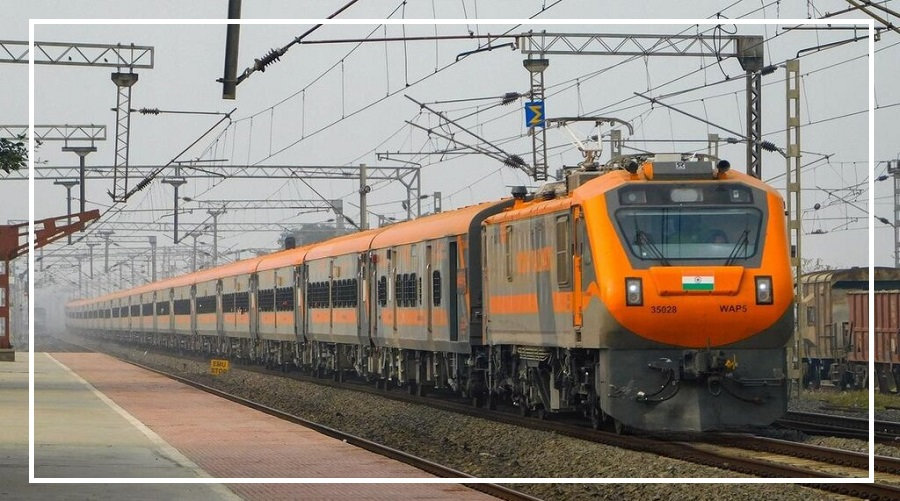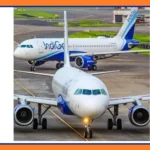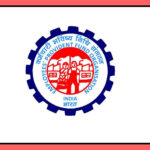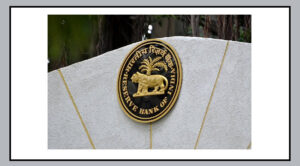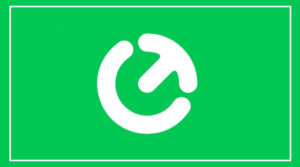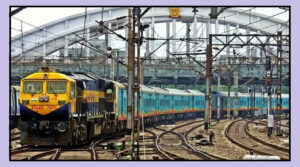Indian Railways is set to bring great news for passengers.
A new train service will soon run between Bhopal (Madhya Pradesh) and Patliputra/Patna (Bihar).
The distance between these two cities is about 1,000 km.
Earlier, there were plans to start a Vande Bharat train on this route, but the decision has now been changed. Instead, the service will begin with an Amrit Bharat Express train.
According to Saurabh Katariya, Senior Divisional Commercial Manager of Bhopal Railway Division, the rake (train set) for the Amrit Bharat Express is expected to arrive in Bhopal by mid or late October.
Once it arrives, trials will be conducted, the schedule finalized, and the service launched soon after.
This will be a non-AC sleeper class train with modern facilities, a fare of only ₹450, and 18–20 coaches.
Amrit Bharat Express Across India
The Amrit Bharat Express is based on push-pull technology and can run at speeds of up to 130 km/h.
Currently, 11 Amrit Bharat Express trains are already operating across India, including routes such as Saharsa–Lokmanya Tilak Terminus and Jogbani–Erode, which pass through the Western Central Railway.
Officials say once the rake arrives, the trial run and timetable will be prepared, after which the Bhopal–Patna service will start.
Modern Features and Passenger Comfort
The Amrit Bharat Express is built at the Integrated Coach Factory, Bengaluru, and comes with several advanced features:
Foldable snack tables, mobile holders, and bottle holders
Reflective floor strips and air springs for a smooth journey
Semi-automatic couplers, crash tubes, and an emergency power-assisted system
Sealed gangway and vacuum evacuation system
Emergency intercom system for passenger–guard communication
Fire detection system (introduced for the first time)
Real-time wheel and bearing monitoring for safety
Modern toilets with automatic soap dispensers
Fast charging ports for mobile devices
Special toilet for persons with disabilities
These features make the Amrit Bharat Express safer, more comfortable, and better equipped than regular trains.


